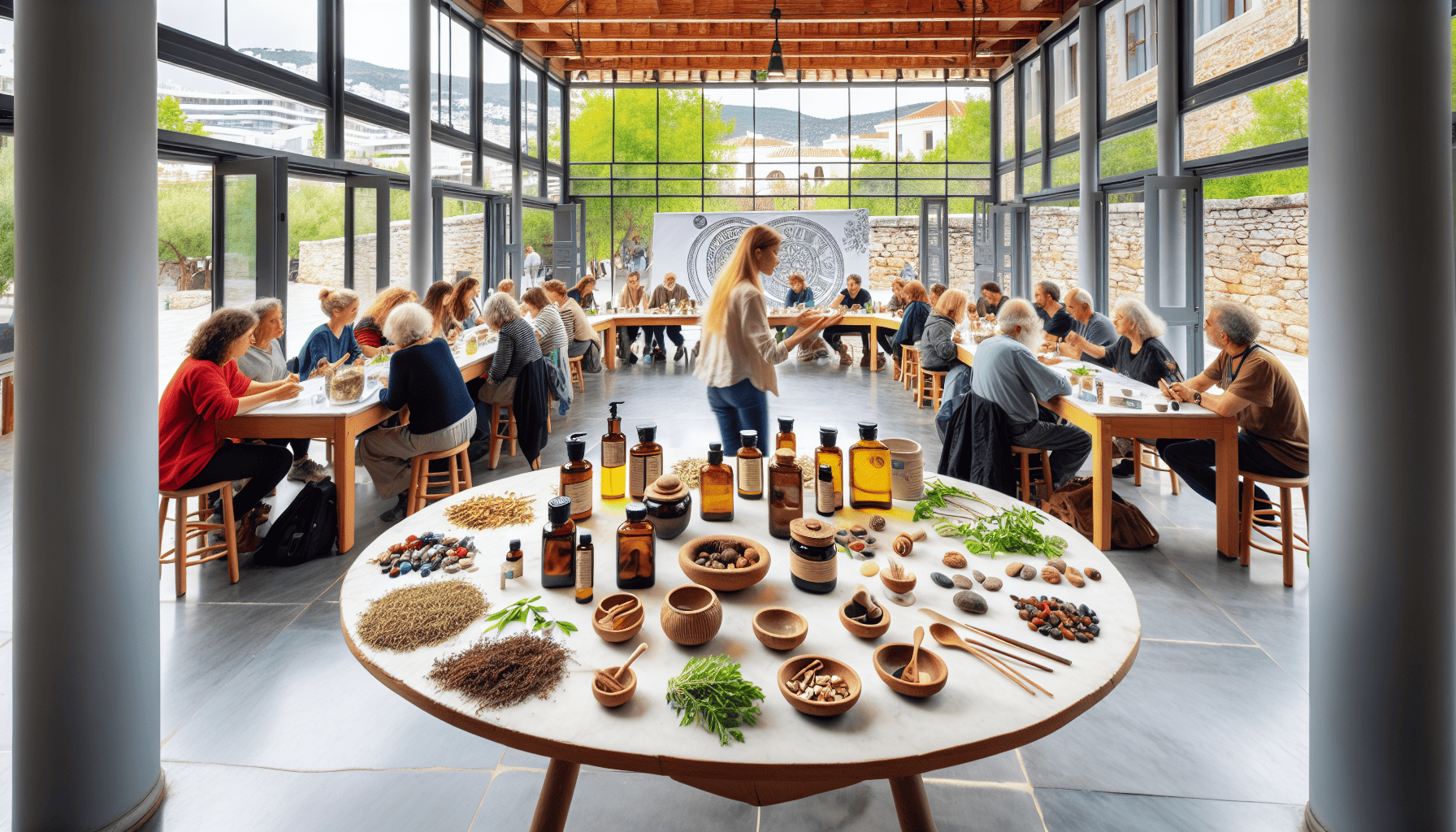Exploring holistic health through the lens of Greek wellness traditions offers a fascinating journey into a blend of ancient wisdom and modern practices. Wellness workshops that embrace these philosophies provide participants with a unique opportunity to enrich their minds, bodies, and spirits.
Ancient Greece laid the foundations for what we consider holistic health today. The Greeks believed in a balanced approach to life, where physical, mental, and spiritual well-being were interconnected. The teachings of Hippocrates, often regarded as the father of medicine, emphasized the importance of diet, exercise, and a harmonious lifestyle. These principles are echoed in modern holistic health movements, which consider wellness as a comprehensive state of being rather than the mere absence of illness.
Incorporating Greek wellness traditions into contemporary workshops involves exploring the timeless practices that have stood the test of time. These include physical activities such as “gymnasion” (early forms of structured exercise and sports), which not only fostered strength and agility but also promoted balance and self-discipline. Today's workshops often integrate similar activities, offering yoga and tai chi sessions to channel both energy and tranquility.
Moreover, Greek wellness traditions put a strong emphasis on nutrition and the healing powers of specific foods. The Mediterranean diet, with its roots in ancient Greece, is celebrated for its balance and nutritional benefits. In wellness workshops, participants might learn how to incorporate elements like olives, herbs, fresh vegetables, whole grains, and lean proteins into their meals. Cooking demonstrations and nutrition talks can help bring these ancient dietary practices to life, emphasizing how diet can support both physical health and mental clarity.
Mental health, another crucial element of Greek wellness, often joins the spotlight in these workshops. The Greeks were proponents of introspection and used philosophy as a tool for mental health. Workshops might feature seminars on Stoicism or Epicureanism, tackling subjects like coping with stress, finding internal balance, or building resilience. Mindfulness practices and guided meditations provide a contemporary twist to these philosophies, enabling attendees to cultivate presence and self-reflection in their daily lives.
Spiritual wellness, though less frequently discussed in modern contexts, remains an integral part of Greek traditions. Engaging with nature, understanding one's purpose, and fostering community ties were all considered essential. Workshop participants can explore spiritual wellness through activities such as nature walks, group discussions, or creative expression. These experiences encourage connectivity—not only with oneself but with the surrounding world and community.
Ultimately, these wellness workshops stand out by weaving the rich tapestry of Greek traditions with modern approaches. Participants leave with a holistic toolkit that empowers them to nurture their well-being comprehensively, knowing that their modern lifestyles harmonize with time-honored principles. These experiences extend beyond fleeting self-care trends, offering sustainable practices that support a balanced and fulfilling life. Such workshops serve as a reminder that wellness is not a destination but a continuous journey, enriched by the wisdom of the past and the possibilities of the present.
